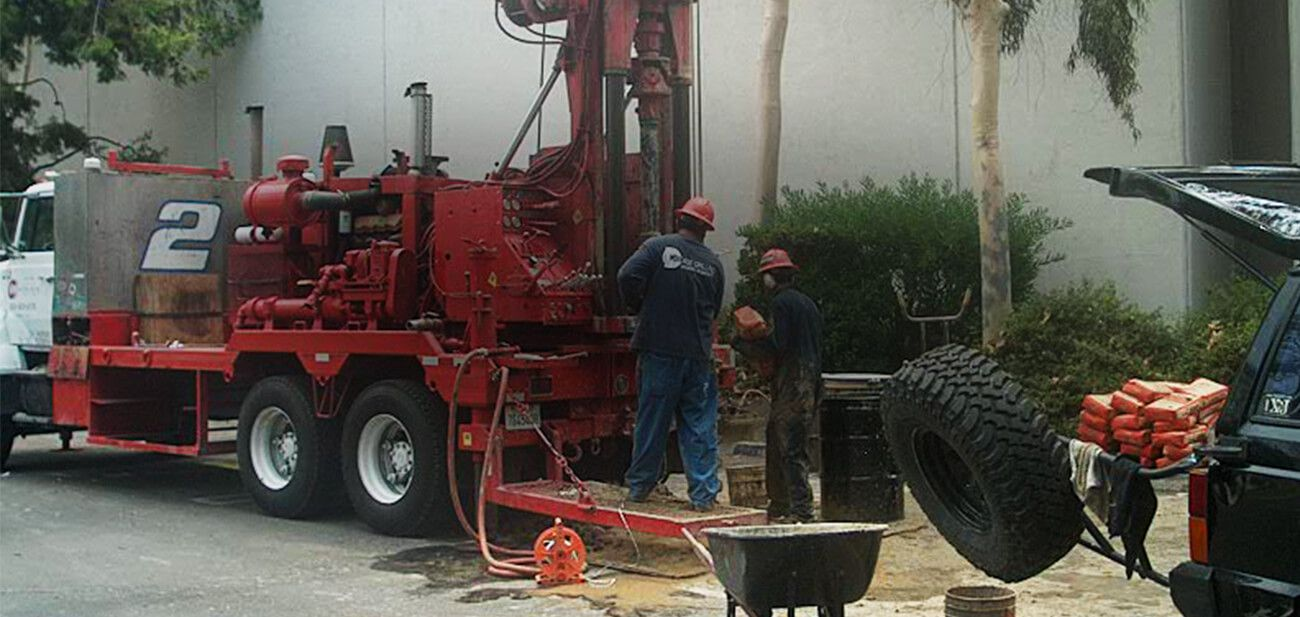
Before any structure is built, engineers need first to assess it. This is to see if the ground is suitable and sturdy enough to safely begin construction of a building. The process is done through geotechnical investigation.
It gives information on the physical properties of soil earthworks for proposed structures and for the repair of distress to earthworks that are caused by subsurface conditions. The information from this process can help businesses save massive costs.
But this information can be used for a lot more. Keep reading as we list down the multiple purposes of geotechnical investigations and why it is essential in geotechnical engineering.
Geotechnical site investigation is vital in the construction process because it aims to understand and provide information on the site’s subsurface conditions. Ultimately, this investigation seeks to understand the soil conditions below the surface.
These include the groundwater conditions, engineering problems, types of soils or rock, and measuring the thermal resistivity of soils. Such conditions determine many factors, including how expensive the construction project will be, what type of foundation is required, how the structure will be built, etc.
Regardless of the type of construction being done, whether a house, pipeline, or a massive shopping mall, a geotechnical investigation must be carried out.
Since each project’s requirements and land are unique, each type of geotechnical investigation is unique. However, the essential steps in carrying them out remain the same. They are:
This is where geotechnical engineering takes place to understand the region’s geology. It can be done through geologic mapping, photogrammetry, or geophysical methods. All in all, it is done to assess the physical conditions of the soil. They must figure out the limits of the soil and what needs to be done to overcome any issues.
Once this is done, the engineers will work with the client to see what type of construction they require. This is typically where they use borings or drillings to take out soil samples. Depending on the client’s needs, these samples might also get tested in labs. Other than this, the engineers will also visually assess the soil for rock and water.
In some cases, a more detailed assessment will be required depending on the type of construction required. These are normally done through geophysical investigations and scientific studies, which are quite beneficial for uncovering underground anomalies or utilities.
Once engineers have conducted their investigation, they will need to develop proposed solutions. They will then provide businesses with how to approach the site’s construction.
Understanding subsurface conditions before the construction of the site is essential to ensure that the structure is built safely and can be adequately supported.
G3SoilWorks provides such consultancy services to help you determine the best solution for your construction site. So, contact us to maximize the productivity and profitability of your projects in Southern California by supporting them with our geotechnical and geological experience.
Follow, engage, learn. Stop by our blog to see what’s happening at G3SoilWorks.
G3Soilworks – a full service geotechnical/ engineering geologic consulting firm serving clients since 2009 and delivering expert solutions with our highly experienced team and specialized consultants.
G3SoilWorks
350 Fischer Avenue Costa Mesa, CA 92626
Tel. 714.668.5600
E. info@g3soilworks.com